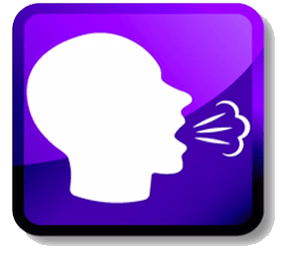What is Pertussis (Whooping Cough)?

Pertussis (Whooping Cough) often occurs in children as a persistent cough for as long as three weeks with no fever. A person with pertussis may cough so hard that it causes gagging or vomiting and a “whooping” sound as the person gasps for air after a coughing fit.
Whooping cough is contagious. It can spread easily by coughing or sneezing. Babies often get it from adult family members who do not know they have whooping cough because the cough tends to be less severe in adults. Infants are at the most risk for serious health complications from whooping cough, including hospitalization and even death. If left untreated, individuals may spread the disease for three weeks.
Pertussis in Denver and Colorado
The number of people getting pertussis is rising all over the country and is still high in Denver and Colorado. Most cases are seen in infants and young children, who often experience the most severe illness. Curious to learn more? Check out the updated statistics on pertussis, tracked by the Colorado Department of Public Health and Environment.
Pertussis Vaccination
Are you up to date on your immunizations? Once is not enough!
Many people do not know that there is a booster vaccine (Tdap) for adults. If you had the vaccine as a child, or even had pertussis before, you can still get sick again. Pertussis is preventable through immunization. The best way to protect yourself and people with the highest risk of severe illness (infants, children and pregnant women) is to make sure you and others are up-to-date for the pertussis vaccine. Check with your healthcare provider to see if you need a booster to increase immunity.
At-Risk Populations
The people most at risk include the following:
- Pregnant women in their 3rd trimester.
- Children in elementary and middle school who have already had the pertussis vaccine but need a booster shot.
- Adults who have contact with infants.
- Healthcare workers.
Vaccinations are the best way to prevent whooping cough and everyone in these high risk groups should receive a booster. Vaccinations not only protect the individual, but also prevent the spread of whooping cough to babies who are still too young to receive the vaccine. Parents can also help protect infants by keeping them away from anyone who has cold symptoms or is coughing. Individuals who have close contact with infants should check with their provider or our Immunization Clinic.
Additional Pertussis Resources
- Centers for Disease Control and Prevention
- Public Health Institute at Denver Health
- Colorado Department of Public Health and Environment
Pertussis Educational Video
In this educational video, hear what pertussis sounds like and learn from public health expert, Dr. Bill Burman, as he discusses the risks and steps to prevent pertussis.


